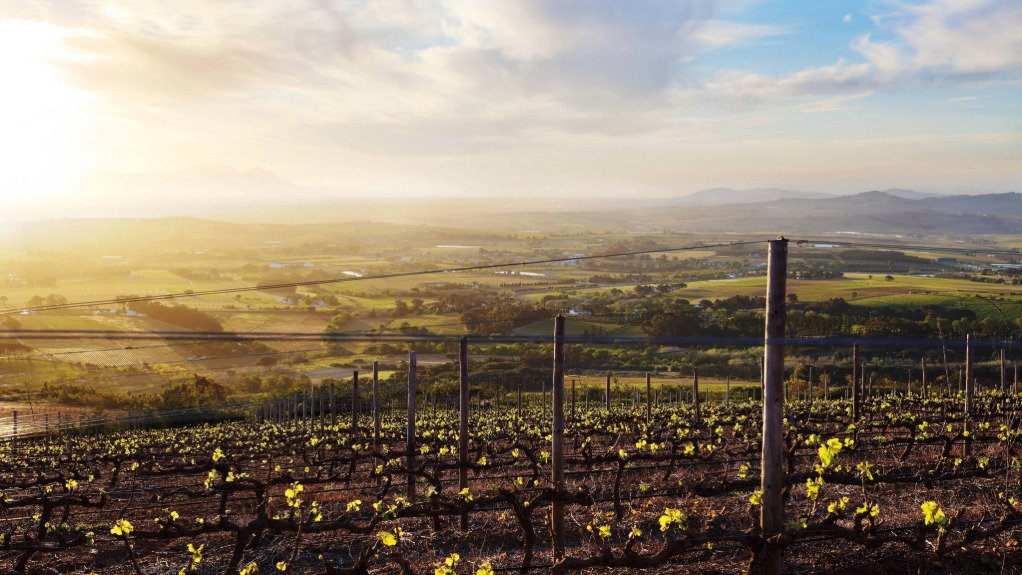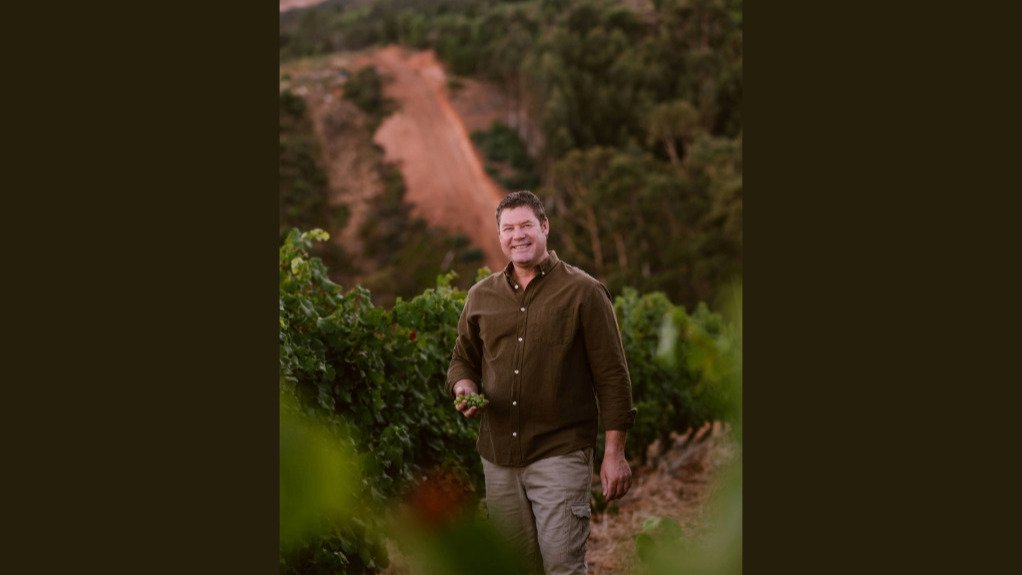To demonstrate its commitment to sustainability and community empowerment, Stellenbosch wine producer Spier Wine Farm highlights the importance of remaining mindful of its environmental impact, beyond the activities required to farm and produce wine.
The company recently embarked on regenerative soil-building programmes, which it will monitor over the next three years. The goal is to reduce the need for inorganic nitrogen and improve carbon and nitrogen ratios in the soil, thereby contributing to more active and resilient soil for sustainability.
“After a baseline was done on a percentage of our vineyards in the 2023/24 growing season, we established what we [would] need to start improving our soils. We also needed to understand how much water is consumed, and how much is actually needed, to ensure we do not misuse this scarce resource,” explains Spier Wine Farm cellar master Johan Jordaan.
Spier notes that rising input costs are a major factor in production, with Jordaan stating that wine farms can manage costs better by “farming closer to nature”, as well as recycling, reusing and regenerating existing resources.
He adds that the company’s regenerative agricultural programmes aim to enhance circularity within its immediate vineyards.
Spier has also established a responsible sourcing programme through which it aims to understand the challenges associated with the entire wine supply and value chain.
Jordaan adds that Spier’s global competitiveness is influenced by its partners and its client base.
He comments that word-of-mouth and reputation management are key factors in attracting and retaining clients and, given the current poor consumer demand, poor weather – including heavy rainfall, early frost – and fungal disease, it is imperative to establish demand again.
Community Upliftment, Tourism
Spier says the community of growers who provide grapes and wine form part of its journey to regenerate land and drive meaningful social change, adding that, by including its production partners, it can effect these changes faster.
Further, by inviting local community stakeholders to information days, during which Spier shares its programmes – Living Soils Community Learning Farm, Community Keepers and Tree-prenuers – it encourages participation and helps drive change on other farms in the region.
Jordaan highlights that tourism also plays a crucial role in its commitment to the environment, acting as a platform for education and a source of funding for its ecofriendly initiatives.
“By welcoming guests to experience the diverse range of activities and offerings on the farm, we aim to foster a deeper connection between visitors and nature while showcasing the importance of responsible tourism.”
The company’s offering includes wine products, ecotourism experiences, art dining and accommodation – all of which are designed to align with its regenerative business goals.
Through tourism, the company can generate revenue that directly supports its environmental initiatives such as water conservation, renewable-energy use and waste reduction.
“By integrating our regenerative approach into every aspect of our operations, we ensure that Spier remains not only a world-class destination but also a steward of the environment, helping to preserve and restore.
“We believe that we all have a role to play in making the lives of people better. Caring more deeply for the environment and trading with like-minded partners can drive the changes needed to achieve this goal,” Jordaan concludes.
Edited by: Nadine James
Features Deputy Editor
EMAIL THIS ARTICLE SAVE THIS ARTICLE
ARTICLE ENQUIRY
To subscribe email subscriptions@creamermedia.co.za or click here
To advertise email advertising@creamermedia.co.za or click here















